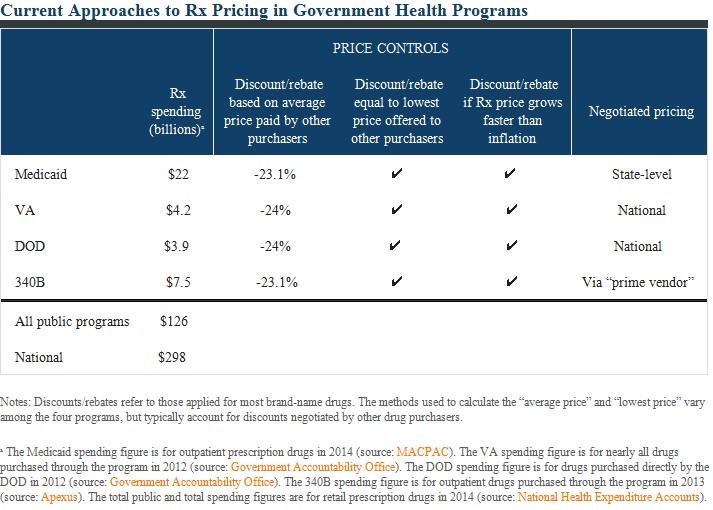The Life Sciences Report: Your experience is very broad. Just four or five years ago, you were a big pharma analyst at a major investment bank, where you followed the largest drug makers in the world. From your perspective today, as an analyst following small-cap biotech and medtech, can you talk about the clinical assets that drive value in smaller companies?
Ed Arce: From a market perspective, the key value drivers largely remain the same. First, and by far most important, are the clinical data. The stronger the efficacy, the better. But meeting clinical endpoints needs to translate into a clinically meaningful benefit. An outright therapeutic cure is optimal, but is also quite rare. Also, the overall safety and tolerability profile of any new therapeutic must be commensurate with the severity of the disease, and comparable to the risk profiles of any existing pharmacotherapies. Risk/benefit is obviously a trade-off. The U.S. Food and Drug Administration (FDA), in attempting to balance the risk/benefit equation, has leaned a bit in one direction or the other over the years.
The second point, from a market perspective, is the size of the patient population and the degree to which that population has been, or is, treatment nave.
The third point is value driven by a long product life, in the form of a long-dated patent suite, as well as any regulatory exclusivity offered to the drug. Continue reading "What Moves Biotech Stocks? Ed Arce Has Answers." →

